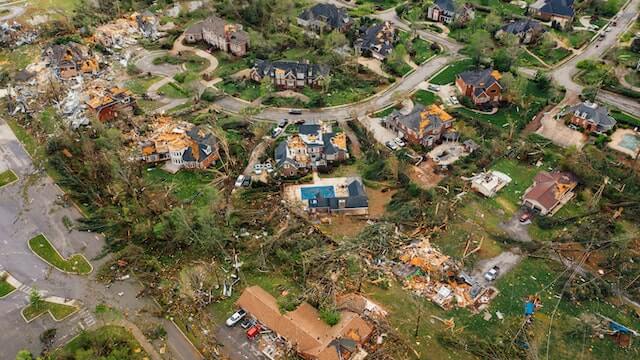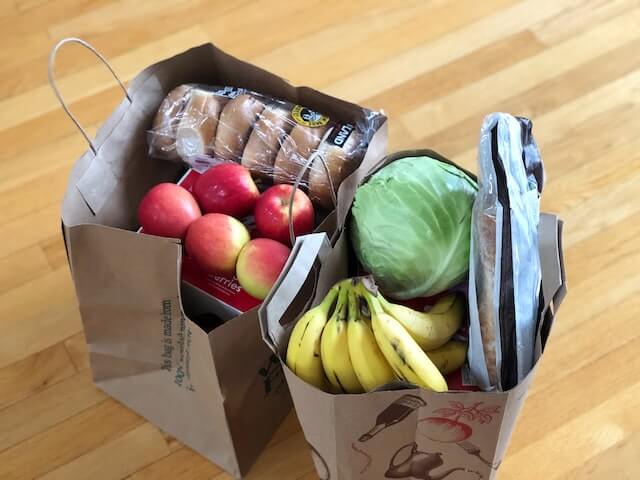One of the things that shows a good landlord is that they can prepare for anything that may happen. Being ready for any event will help them in the long run because they could prevent something serious from happening. It will preserve their business and keep their tenants safe. An example of an unexpected event is if natural calamities occur in the area.

For instance, you might have heard something about the Atlantic Hurricane Season. It is a time of the year when we expect hurricanes to pass by, which can happen from the first of June until the end of November. Several problems may arise during this season, and landlords should know what kind and how to prevent them. As always, I can tell you all about it below.
Protecting the rental from any damages
If we can’t stop the hurricane, we can at least take steps to ensure our homes are safe. These actions can help everyone and not just the landlords. But since we’re talking about rentals here, let’s focus on that.
Informing the tenants
Protecting a rental is not only for the landlords to do. Tenants would have to execute their part in preserving the property. Landlords can talk it over with their renters and inform them of what they did to safeguard the rental. They can discuss what the tenants need to do if a hurricane transpires in their area, including where they can go. Property managers should also remind them to follow any orders from the local authorities.
Insurance Coverage

As you know, having an insurance policy is for all landlords. And if you know someone who doesn’t have it, inform them of the importance as soon as possible. Unfortunately, not all policies cover damages caused by storms. Property owners should double-check the inclusions of their insurance and ensure it includes devastation caused by hurricanes and floods.
Renter’s Insurance
Some tenants may not know this, but the landlord’s insurance will not cover personal belongings. The renters need separate insurance policies to protect their assets before natural calamities strike and damage them. In case the landlords forget, you can tell them about getting insurance.
Preparing for the hurricane
The landlords would have to take measures to make sure their properties are secured and safe. For instance, they can board up the windows and remove any furniture outside. They can also invest in hurricane straps for added precaution. It connects the roof to the walls and strengthens it.
What to do during a hurricane
As I’ve said, we can’t tell the hurricane to stop. But we can make plans to keep us safe when it happens. Landlords can give out flyers or pamphlets to remind the tenants of what to do. Here are some of the things they can include:
Make a plan
The best thing to do with upcoming floods and hurricanes is to have a concrete plan. Property owners should have evacuation, fire safety, and hurricane safety plans for their tenants. And they should have it way ahead of time and not when it’s happening.
Stocking up on supplies

One of the possibilities during a calamity is people getting stuck inside their homes for days. They would not be able to go to work or buy food. Once the landlords hear about a possible hurricane, they should remind their tenants to stock up on food and water. They can load up on canned food and anything with a long shelf life.
Emergency Kits
Each home should have an emergency kit. Landlords can provide them, or the tenants can. Kits should include the following:
-Extra Batteries
-Flashlights
-First aid items
-Fully charged cellphones
-Portable power banks
As a leasing agent, you can also inform your clients about all these things to prepare them. And even the other landlords. But first, you would need an actual tenant before you do it. You can sign up for Padleads after this and post your property listings online. After that, syndicate them to other websites to spread the word.
As much as we hate hurricanes, there’s no way of avoiding them during the Atlantic season. However, there are other things we can do to protect ourselves and our homes. Landlords would have to do more than the usual homeowners because they are responsible for their tenants and investments.